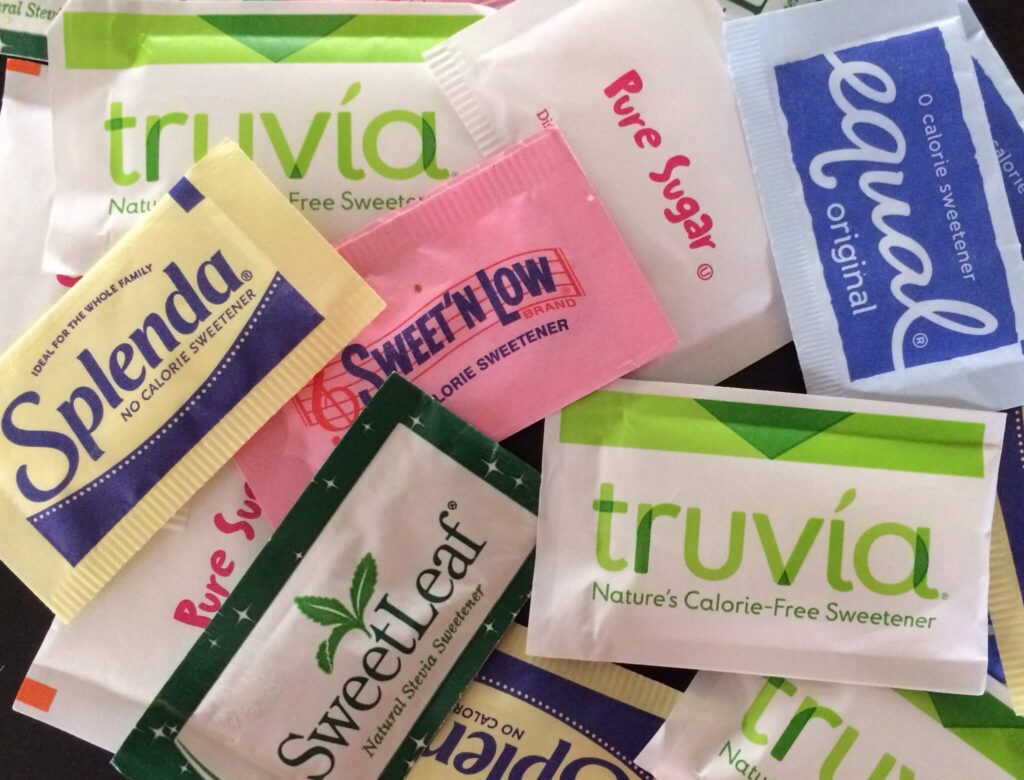The Hidden Dangers of Artificial Sweeteners: Why They’re Bad for You ?
While artificial sweeteners may seem like an attractive option, it’s important to consider the potential risks.


Artificial sweeteners have become popular as a calorie-free alternative to sugar. However, growing evidence suggests that they may not be as harmless as believed. In this article, we explore the potential risks and negative effects associated with consuming artificial sweeteners.


- Metabolic Effects
Studies have linked artificial sweeteners to metabolic problems and weight gain. They confuse the body’s natural response, leading to increased appetite, overeating, and changes in gut bacteria. This can contribute to weight gain, insulin resistance, and an increased risk of type 2 diabetes.
- Impact on Gut Health
Artificial sweeteners can harm gut health by disrupting the balance of gut bacteria. This may cause inflammation, digestive issues, and increase the risk of metabolic disorders.
- Potential for Increased Sugar Cravings
Ironically, artificial sweeteners can increase cravings for sugary foods. They make our taste buds crave more sweetness, making it harder to enjoy the natural taste of healthier foods.
- Influence on Insulin and Blood Sugar Regulation
Artificial sweeteners may indirectly affect insulin secretion and blood sugar regulation, despite not directly impacting blood sugar levels. They can increase insulin resistance and impair the body’s ability to regulate blood sugar effectively.
- Potential for Negative Neurological Effects
Animal studies suggest that artificial sweeteners could have negative effects on the brain, including altered neurotransmitter levels and cognitive impairments. However, more research is needed to confirm these effects in humans.
Conclusion
While artificial sweeteners may seem like an attractive option, it’s important to consider the potential risks. Regular consumption can affect metabolism, gut health, sugar cravings, insulin regulation, and even brain health. It’s best to make informed choices and prioritize a balanced diet with whole, unprocessed foods for optimal health.





